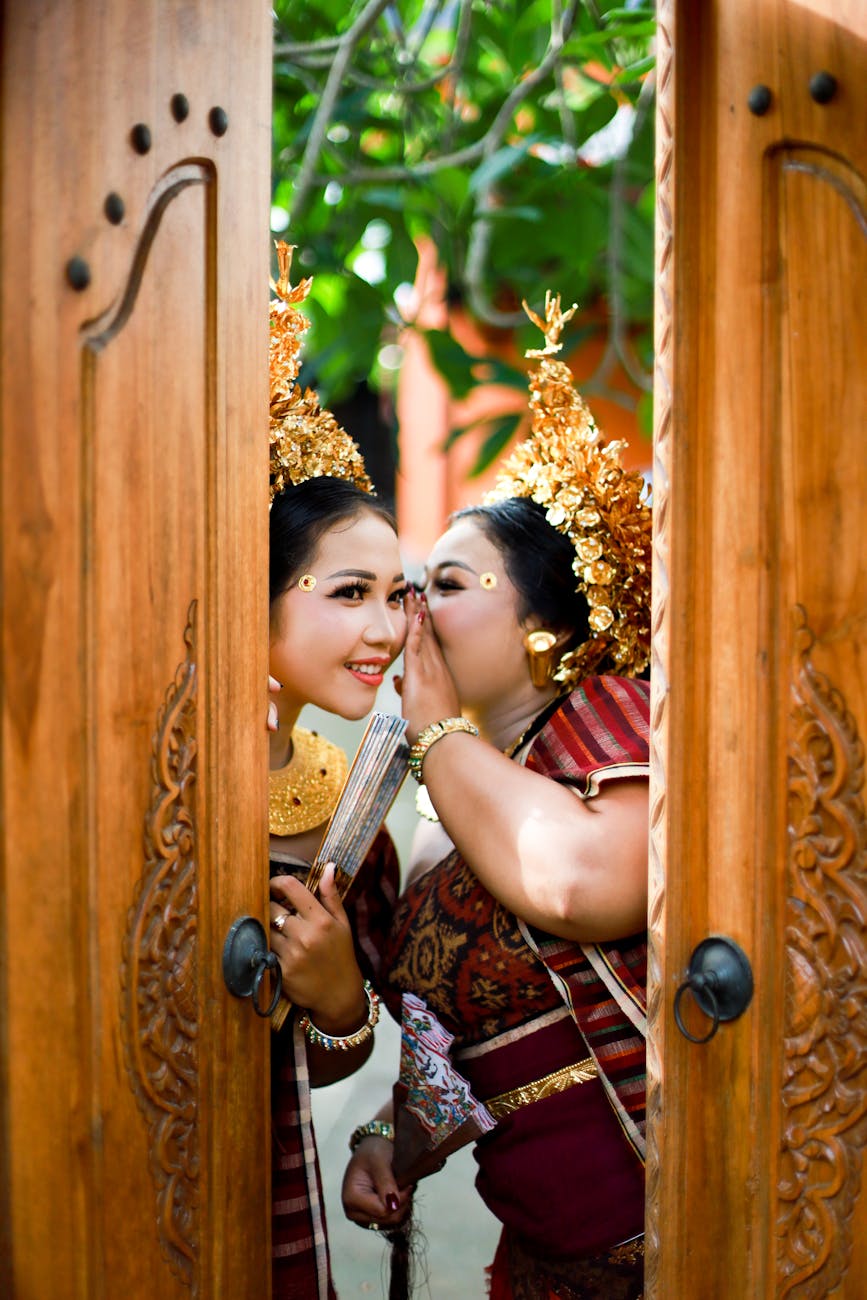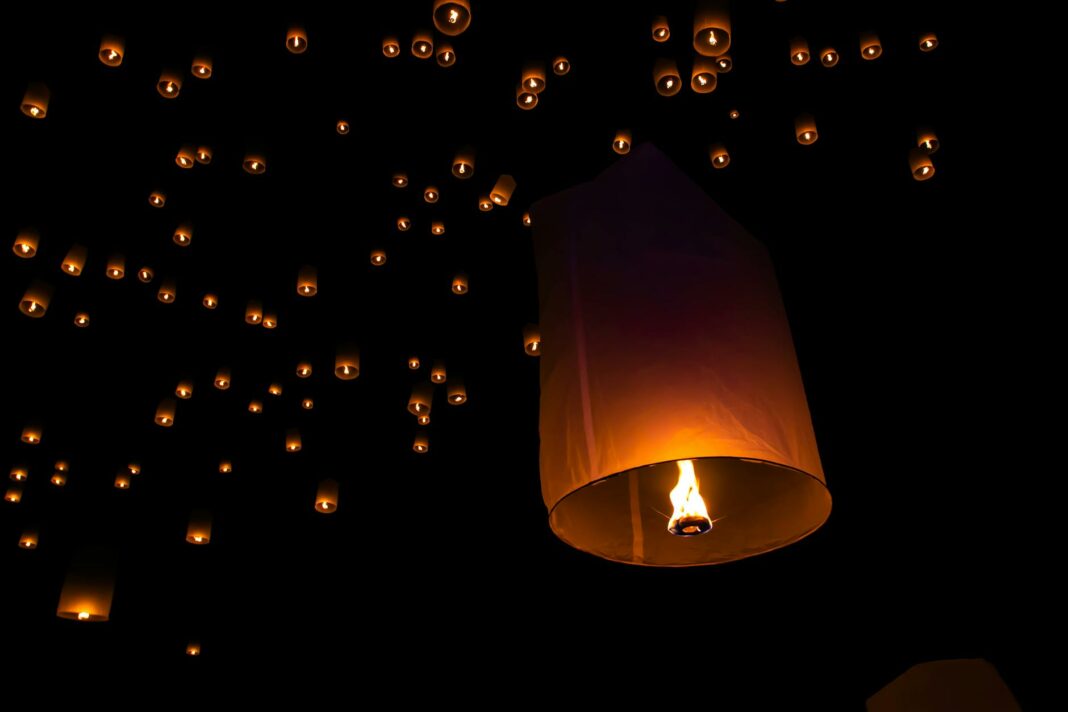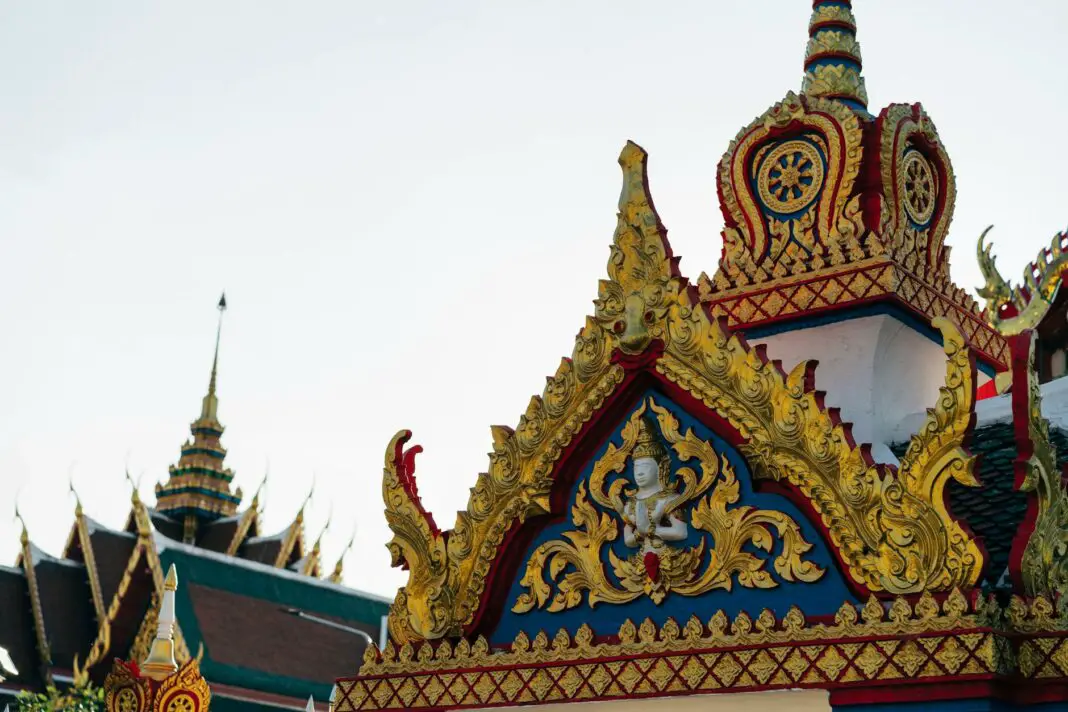Discovering the Allure of Thailand’s Festivals: A Cultural Odyssey
As you embark on a trip to Thailand, you might find yourself captivated by its kaleidoscopic festivals. Each celebration, vibrant and colorful, is not merely an event but a window into the rich tapestry of Thai culture. From the spectacular water fights of Songkran to the hauntingly beautiful Loy Krathong, these festivals reveal profound insights into the spirituality, community spirit, and historical storytelling that define this enchanting country. Join us as we journey through Thailand’s festive landscape and uncover what each occasion whispers about the heart and soul of Thai culture.
This blog post offers a blend of intriguing cultural insights, actionable travel tips, and an exploration of Thailand’s vibrant festivals. Whether you’re planning your next adventure or simply daydreaming about far-off lands, understanding these festivities can deepen your appreciation for the Thai way of life. Let us delve into the festivities, explore their meanings, and uncover the secrets they unveil about this captivating nation.
Table of Contents
- Introduction to Thailand’s Festivals
- Songkran: The Water Festival
- Loy Krathong: A Festival of Lights
- The Vegetarian Festival: A Commitment to Purity
- Buddhist Festivals: Celebrating Spirituality
- Cultural Significance of Festivals
- Travel Tips for Festival-Goers
- Embrace The Heart of Thailand
- Frequently Asked Questions
Introduction to Thailand’s Festivals
Festivals in Thailand are more than just colorful displays; they carry with them a historical lineage and rich traditions. Throughout the year, these occasions bring communities together, celebrating various aspects of Thai life, spirituality, and the environment. As you traverse the country, perhaps you’ll notice that festivals often serve as a platform for showcasing artistic expressions, culinary arts, and local customs, making them an essential part of the Thai identity. Each festival encapsulates the three pillars of Thai society: family, community, and respect for traditions.
Moreover, Thailand’s festivals invite tourists to participate in these vivid cultural experiences, allowing a deeper connection to the local way of life. The engagement with these events presents a unique opportunity to learn about the beliefs and practices that have been cherished through generations. So, let’s break down some of the most significant festivals and explore their cultural ramifications.
Songkran: The Water Festival
One cannot discuss Thailand’s cherished holidays without highlighting Songkran, the exhilarating water festival celebrated across the nation every April. This festival marks the Thai New Year, symbolizing cleansing and renewal as water is poured over Buddha statues in temples, homes, and on each other. The loud laughter and abundant joy echo the essence of this community celebration, where everyone—from young children to the elderly—embarks on an exhilarating water fight, using water guns, buckets, and hoses.
The origins of Songkran can be traced back to ancient traditions rooted in respect for the older generation and the Buddhist faith. During this exuberant celebration, many people return to their hometowns to pay homage to their ancestors, making it a time of family reunions. Reflecting the communal spirit, locals often create makeshift stalls selling street food, showcasing the delightful flavors of Thai cuisine. This festival serves to highlight how elemental forces, like water, function as a unifying force among the people, embodying purity and renewal amidst the Thai landscape.
Loy Krathong: A Festival of Lights
Loy Krathong, a breathtaking festival celebrated on the full moon of the 12th lunar month, embodies a moment of magical beauty along the waterways of Thailand. At this mesmerizing event, participants craft small floating vessels, or krathongs, adorned with flowers and candles, setting them adrift in rivers and canals. The sight of these flickering lights dancing upon the water signifies the release of grievances and the fostering of new beginnings.
This festival is steeped in folklore, often linked to the worship of the goddess of water, Phra Mae Khongkha. For the Thai people, this occasion is deeply spiritual; it symbolizes the act of letting go of negativity, expressing gratitude, and seeking forgiveness. Towns and cities host evening festivities, with traditional dances, music, and fireworks illuminating the sky. Loy Krathong thus transcends mere celebration; it is a profound expression of hope and renewal, urging participants to reflect on their journey while fostering a sense of community across the nation.
The Vegetarian Festival: A Commitment to Purity
In Phuket, the Vegetarian Festival offers a unique glimpse into Thailand’s rich tapestry of cultural and spiritual belief systems. Held during the ninth lunar month, this event reflects the Chinese influence on Thai culture, showcasing a period of vegetarianism intended to purify the mind and body. Participants adopt a strict vegan diet, abstaining from animal products to promote health and spiritual cleansing.
During the festival, onlookers witness dramatic rituals involving firewalking and body piercing, practices rooted in ancient traditions meant to demonstrate spiritual endurance and devotion to the gods. The devotion displayed during this time highlights the striking relationship between food, culture, spirituality, and communal connection. Travelers to Phuket during this time are treated to an immersive cultural experience, with an array of delicious vegetarian delicacies that leave lasting memories.
Buddhist Festivals: Celebrating Spirituality
Buddhism is the backbone of Thai culture, and numerous festivals celebrate its teachings and significance. Major events like Visakha Bucha commemorate the birth, enlightenment, and death of the Buddha, drawing Buddhists from all corners of the country to temples for meditation, prayer, and merit-making activities. These observances provide a powerful glimpse into the spiritual life of Thais, as they demonstrate their dedication to moral living and communal harmony.
Another highlighted festival, Asanha Bucha, marks the Buddha’s first sermon, urging individuals to reflect on their path toward enlightenment. Each of these festivals fosters a deeper understanding of the Thai people’s spiritual commitment and their practice of mindfulness. For visitors, these occasions serve to illuminate the intrinsic values held dearly by the Thai community, emphasizing the importance of compassion, peace, and respect for all living beings.
Cultural Significance of Festivals
Festivals in Thailand are a tangible manifestation of cultural identity, expressing collective values and beliefs. They create an opportunity for storytelling, whereby historical narratives are passed down through generations. Each festival plays a crucial role in preserving traditional arts, music, and dance, offering the public a stage to engage with their heritage actively while providing visitors with a unique insight into the culture of this remarkable nation.
Moreover, the active participation of both locals and tourists during these events fosters a spirit of unity and connection, bridging gaps in understanding and appreciation. As you find yourself celebrating alongside Thais, you cultivate friendships and create lasting memories—truly embodying the very essence of cultural exchange.
Travel Tips for Festival-Goers
To fully immerse yourself in Thailand’s vibrant festivals, here are several actionable tips to enhance your experience. Understanding the timing of these events is crucial to planning your trip; some festivities vary by region and may not fall on the same days each year. Research specific festivals beforehand, so you know when to visit bustling hotspots like Chiang Mai for Yi Peng or Bangkok for the Royal Ploughing Ceremony.
Be open to participating! Many festivals encourage tourists to join local customs, whether through traditional dress, culinary adventures, or dance. The warm and welcoming Thai spirit will quickly put you at ease. Also, dive into the local street food scene as you navigate festival grounds—you’ll find an array of dishes that sparkle with unique flavors, leaving your taste buds craving more.
Planning your accommodations ahead of time is advisable, as travel demands can spike during festival seasons. Lastly, always remember to be respectful of local customs and practices, as this will enhance your interactions and deepen your understanding of the culture.
Embrace The Heart of Thailand
As you wrap up your exploration of Thailand’s festivals, it’s essential to embrace the spirit that these events embody—celebration, community, culture, and spirituality. Each festival offers visitors a rare glimpse into the local way of life, revealing the deep-seated values that make Thailand unique. By immersing yourself in these festive occasions, you not only witness the beauty of Thai traditions but also partake in a transformative experience that leaves lasting impressions.
Engaging with Thailand’s festivals enables you to create shared memories and bonds that reflect the rich diversity of this captivating land. The experiences gained through these events will resonate long after your journey has ended, encouraging you to cherish the connections made and respect the cultures across our globe.
Frequently Asked Questions
What is the best time to visit Thailand for festivals?
Thailand’s festival calendar is diverse, with significant events occurring throughout the year. Notable festivals include Songkran in April, Loy Krathong in November, and the Vegetarian Festival in October. Research specific events you’re interested in to choose the best time for your visit.
Are there any cultural etiquette tips for festival participation?
Absolutely! It’s essential to dress respectfully, especially when attending festivals in temples. Always follow local customs and be mindful of the significance of the events. When participating, show enthusiasm and warmth, embracing the spirit of the celebration.
Can I visit multiple festivals in one trip?
Yes! If your travel itinerary aligns, you can easily visit multiple festivals, especially if they occur within a close timeframe. Plan your route wisely to maximize your exposure to Thailand’s vibrant festive culture.
How can I find more information about specific festivals?
You can find out more through local tourism websites, blogs, and social media groups dedicated to travel in Thailand. Engaging with local communities on platforms like Instagram or Facebook can also help you discover hidden gems regarding festival celebrations.
Image Credit: Pexels





